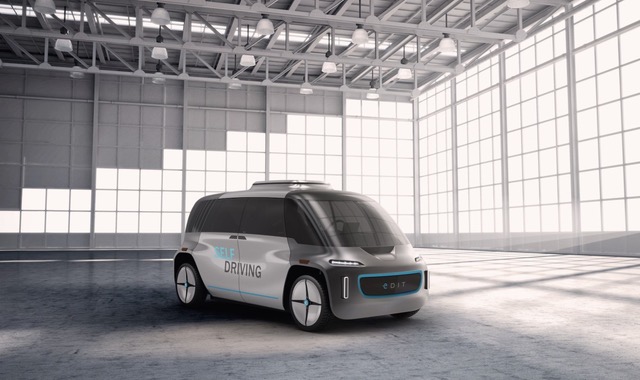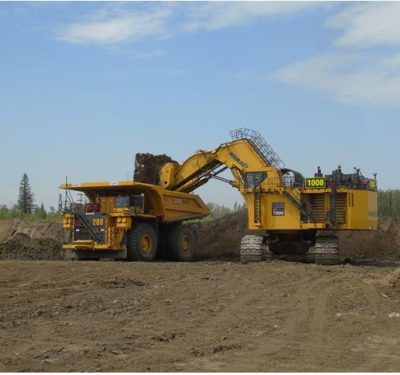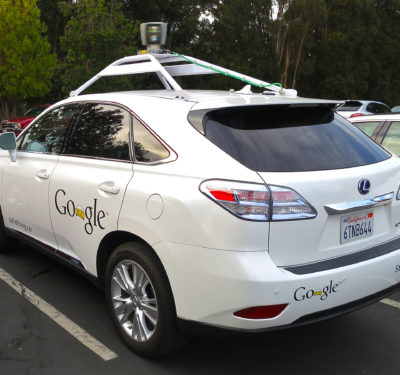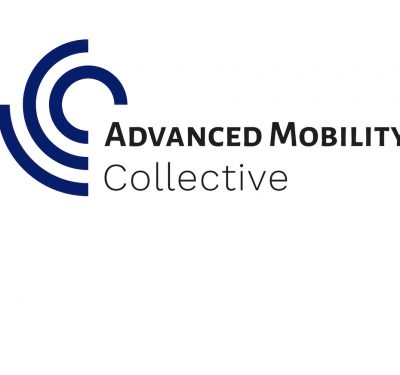
New information is coming out about an autonomous vehicle startup founded by the former self-driving heads of both Google and Tesla.
Chris Urmson, who led Google’s autonomous car efforts, and Sterling Anderson, Tesla Autopilot’s former director, have founded Aurora Innovation, which plans to work with Tier 1 suppliers, according to Business Insider.
The new company will develop hardware, software and data services for an autonomous vehicle platform, the article said. Aurora is hiring and collecting self-driving data in a customized Audi Q7, the article said.
It’s the a brave new world when it comes to autonomous vehicle startups, so it comes as no surprise as the two top former engineers at the leading self-driving test companies founded a new venture. It also signals that new job opportunities, particularly for engineers, are increasing for the nascent industry.
“If you are an engineer who works with autonomous vehicles, you won’t have problems finding a job,” Urmson said at a trade show when he was still at Google.
Urmson, who had been the face of Google parent company Alphabet’s burgeoning autonomous vehicle program, had been with Google since 2009 until stepping down last year. He also served as the unit’s CTO.
Urmson made the circuit of big to small industry shows to get the message out about autonomous vehicles. He gave TED talks and spoke at such industry meetings as ITS America and the Transportation Research Board’s annual meeting in Washington.
Sometimes, Urmson’s presentations were agonizingly similar to veteran groups of transportation executives who had heard his company’s message before. “We have 33,000 automobile fatalities each year. That’s the equivalent of a 737 falling out of the sky each week,” he said at one large transportation meeting to show the need for self-driving cars to save lives.
At Alphabet, Urmson oversaw the company’s autonomous vehicles that drove more than 1.8 million miles.
New electric vehicle shrouded in secrecy…
Saying it has developed a new electric car in a “stealth mode,” a Silicon Valley company has rolled out a self-driving vehicle that it says allows users to customize it.
OSVehicle said that companies can customize the car, called Edit, through its self-driving hardware stack, connected car capability, code, vehicle range and appearance with faster time to market.
OSVehicle founder Tin Hang Liu contends that ride and sharing services employ car fleets that do not last more than two years, while Edit can operate as long as 10 years.
“We see the potential of a unified modular vehicle for the future of mobility as a service that will allow car fleets to last 10 times longer. [This is] under heavy usage conditions like car and ride sharing [to] enable hardware upgrade of self-driving, connected car technologies seamlessly,” Liu said.
OSVehicle’s EDIT car, which was designed by Italian company Camal, is tailored for food delivery and ride/car sharing markets, the company said. “OSVehicle is empowering entrepreneurs to create new projects and startups for the first time in the automotive industry with low barriers to entry. There’s no need to reinvent the wheel,” the company said in a press release.
In addition to ride sharing markets, Edit can help food delivery services because the vehicle can be customized with ovens and refrigeration. In addition, the company said that self-driving vehicle companies can’t reverse engineer and integrate new technology into their tradition cars, while Edit is modular and can be upgraded.
Another way Edit is a good investment is it cuts down on import taxes because it can be shipped as components, the company said. This strategy has been used by OSVehicle before when it rolled out its Tabby EVO platform.
Tabby EVO is a car that the company said could be built in an hour in a “moderately equipped” workshop. It features a range of 87 miles and a top speed of 80 mph.






